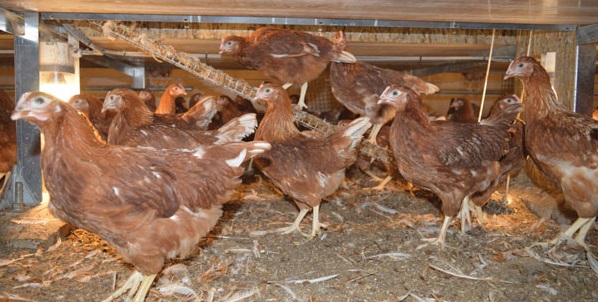
New drugs should be developed to fight the growing resistance of bacteria in today's antibiotics, the European Parliament said.
In a vote on draft plans to update an EU law on veterinary medicines, MEPs called for a ban on antibiotic treatment of animals.
“With the World Health Organisation warning us that the world risks drifting into a post-antibiotic era, in which antibiotic resistance would cause more deaths each year than cancer, it is high time we took energetic measures and grasped the problem at its roots”, said rapporteur Françoise Grossetête (EPP, FR).
“The fight against antibiotic resistance must start on farms. We wish to prohibit the purely preventive use of antibiotics, restrict collective treatment to very specific cases, prohibit the veterinary use of antibiotics that are critically important for human medicine and put an end to online sales of antibiotics, vaccines and psychotropic substances. Thanks to these measures, we hope to reduce the amounts of antibiotics found on consumers’ plates”, she added.
“However we need not reduce the therapeutic arsenal available to vets. This law aims to facilitate their work. It is absolutely necessary to encourage research and innovation in this sector”, she said.
MEPs advocated greater investment and research into new antimicrobials.
They also gave their support on Thursday to a report by Claudiu Ciprian Tanasescu, amending another law to improve the marketing authorisation procedure for veterinary medicinal products.
Industry under 'intense pressure'
Richard Turner at St David's Poultry Practice said farmers needed to work closely with their hatcheries to optimise bird health and reduce antibiotic usage.
Speaking ahead of the firm’s annual poultry conference, Mr Turner said the industry was under intense pressure to reduce antibiotic usage while still producing high welfare chicken at bargain basement prices.
“While this is an enormous challenge, we can learn a lot from experts around the world and from farmers who are putting antibiotic reduction into practice elsewhere.”
In the past, a lot of broilers were treated as chicks for at least three days with an antibiotic, lowering both first week mortality and later mortality, as well as reject numbers.
However, over the past 12 months the industry had seen the voluntary removal of a wide range of very useful medicinal products, and in response to commercial and consumer pressure, there were now many chicks placed which were not treated in the first week.
“Although it seems sensible to reduce antibiotic usage where possible, we also know that the result will be higher mortality, worse welfare and higher levels of disease,” said Mr Turner.
